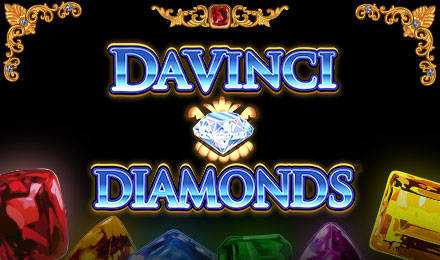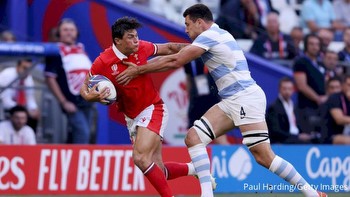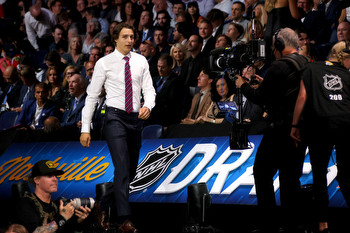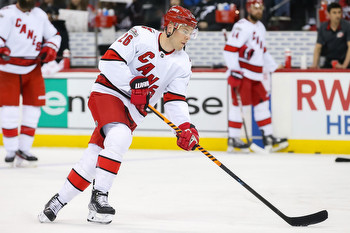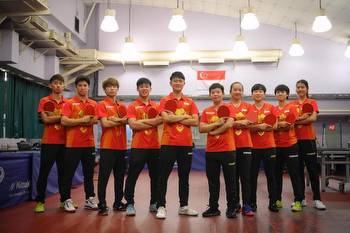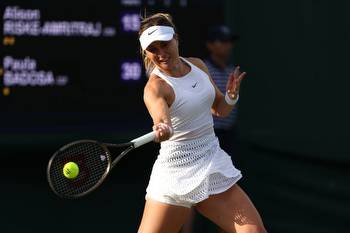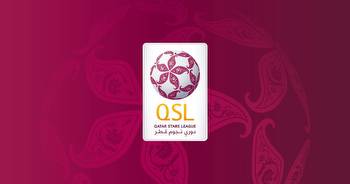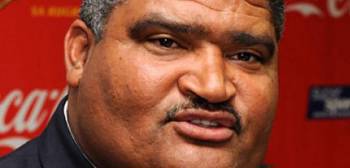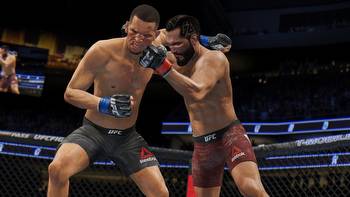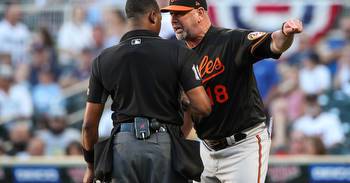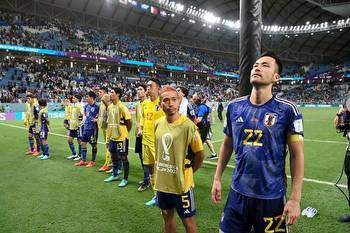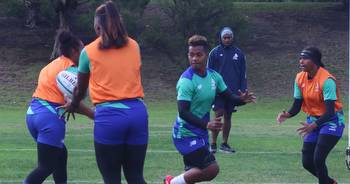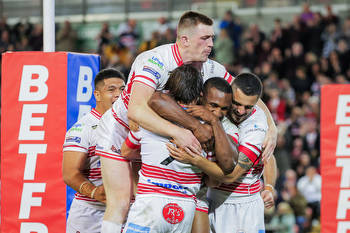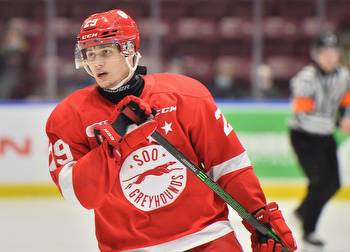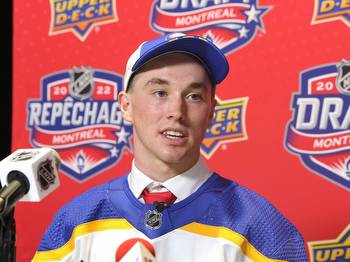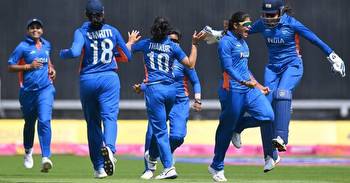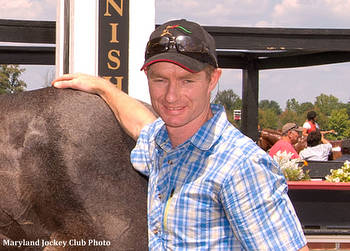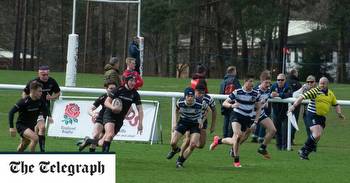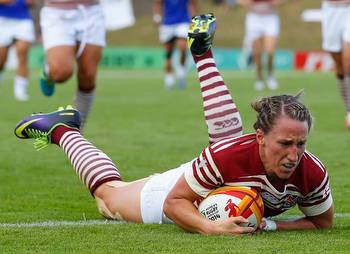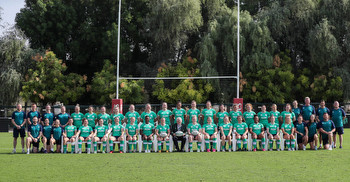The Secret GAA Coach: Player, club and county will all benefit from tiered Go Games
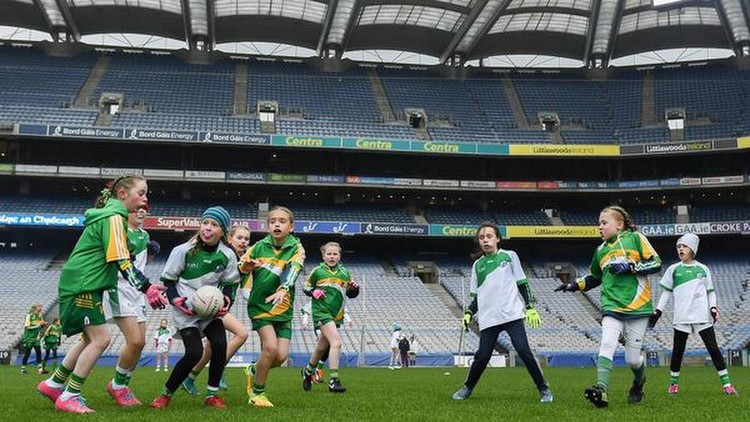
The advent of Go Games is one of the finest innovations in underage hurling and football. Certainly the best thing to save the game since the hostile takeover of youth sports by adults circa mid-1990s. From the age of eight to 12, children play in small-sided games with rules designed to ensure maximum number of touches in a non-competitive environment. Limiting opportunities to solo eliminates the risk of the strongest players dominating. Extra points even for skills. Everyone is a winner.
For Go Games, small-sided teams, ideally of mixed-ability, play in a ‘blitz’ type format. Medals for simply participating are handed out with gusto - usually by a smiling official from the host club - with the customary pat on the back and word of encouragement for the young players. Some clubs i.e. those with a well-funded lottery and corporate supported annual golf outing, might even organise an ice cream van for the kids!
Within 12 months of the players graduating from the Go Games, the Under 13 Bainisteoir is asked to nominate the ‘best’ four players for a county development squad. The transition from cradle to county is a quick one. Depending on how it is handled, this can create a division between ‘county’ players and their ‘club-only’ equivalent. The four nominees will be looked upon as elites within their group. Some of them won’t be able to resist dropping the odd reminder about upcoming ‘county training’ (we had a case with a 14 year-old suggesting he miss a league game to rest ahead of a development squad training weekend). County men. All before they turn 15.
The trouble though is that such future talent is not always obvious at 14 when development squads are usually selected. Rumour from around Ballyhale and Dalkey have it that neither Henry Shefflin nor Michael Fitzsimons stood out as early shining lights. Between the two and 19 all-Ireland medals later, who are we to say?
Of course, there is a provision for development squads to bring in late-developing players at a later juncture. While there are some examples of this, the reality is that there are only so many county tracksuits and post training meals the county board will pay for by the time they hit minor. An even harsher reality is that for every new player brought in, another will be asked to disembark. The latter presents coach and parent with the entirely new challenge of rejuvenating a shattered human being/hurler.
So, for newcomers and those who escaped the cull, Development Squad players will (in theory, anyway) be taught by more qualified and experienced coaches. Athleticism can be improved by exposure to age appropriate strength and conditioning that may not be available in the club. They also get to train and compete with stronger players. So the rich get richer with odds stacked against the late-developer.
To offset this, some counties have wisely introduced additional regional development squads to ensure that those players just shy of development squad level have access to similar facilities and coaching. This tiered system offers more players an opportunity to reach their potential. Ultimately, Player, Club and County will all benefit.
Other, off-field factors also have a significant role to play here. Luck (and maybe even a bit of smarter family planning) have a significant role to play. That late developer is disadvantaged and not afforded the benefits of the ‘fast track’ system that development squads have to offer. Similarly, research supports the benefit of being born in the first six months of the year. A 12 year-old born in January has had more time to develop and mature compared to his team mate born in December. Naturally, as they get older, the physical advantage diminishes but the psychological legacy may remain.
Some early stage considerations on the topic of "bio-banding" (crudely – basing teams less on age and more on size and maturity) should at least be brought forward in selecting development squads. New Zealand rugby has championed bio-banding, which allows more for a focus on the finer skills and techniques of the game, and less on physical power and speed. All of which should be music to the ears of that skinny, late-developing 12-year-old!
